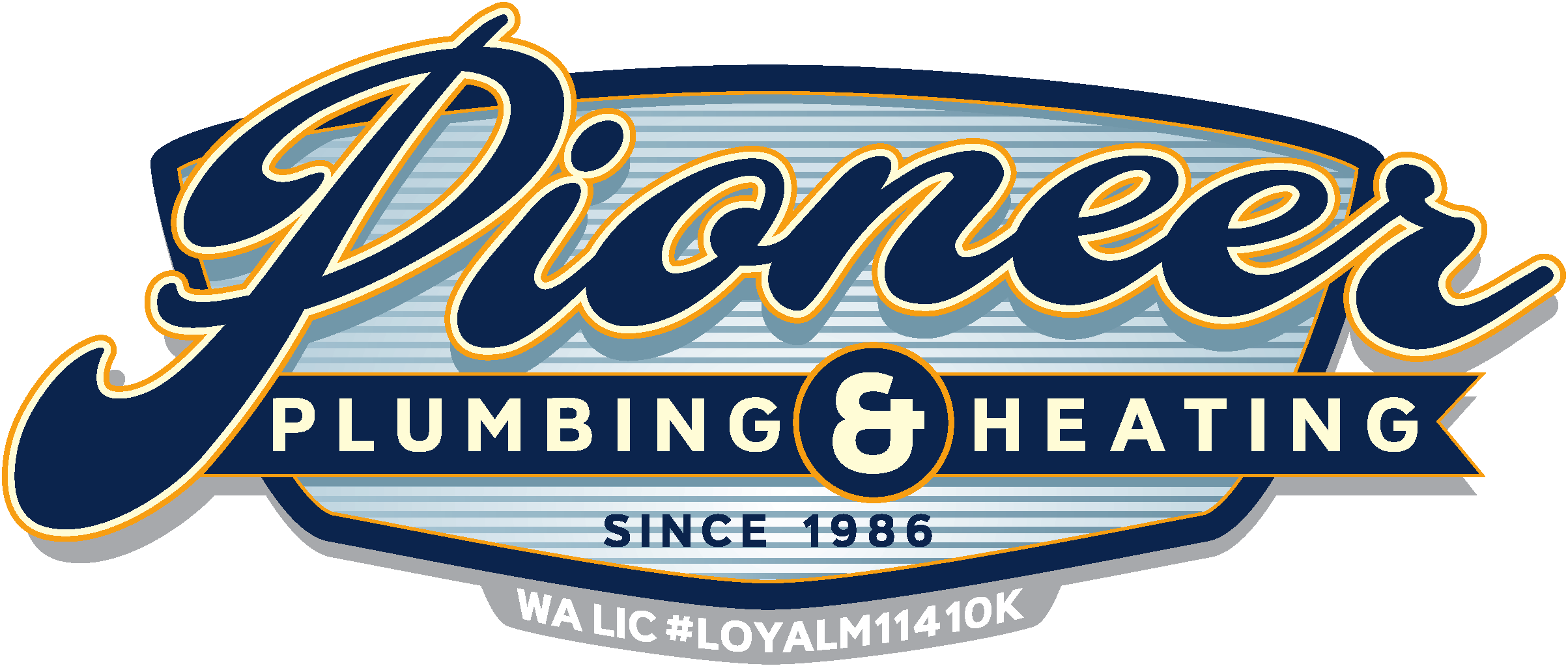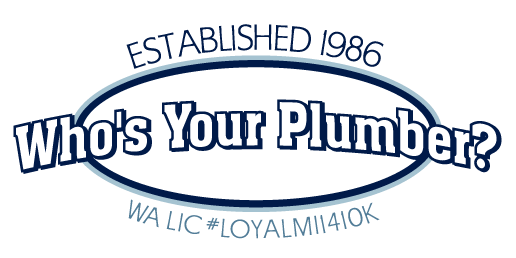When you flush something down the toilet, it doesn't just disappear into a watery underworld. It travels through the pipes out of your home and into the sewer system or your septic tank. However, your toilet is not a black hole that tears everything flushed apart into tiny pieces. Larger items and those not meant to be flushed can block your pipes, and require expensive work. Depending on the items flushed, you can also cause issues for your local water treatment plant by flushing things they aren't prepared to handle.
Don't flush your money down the toilet by sending household items down the pipes. Be careful and conscientious about what is going into your toilet. Your budget and your pipes will thank you!
Most Health and Beauty Items Shouldn't Be Flushed
People tend to think that if an item is used in the bathroom, it can go down the toilet. That is not true! Toilet paper is designed to quickly begin weakening when wet. This allows those large clumps you flush to safely and easily move through the pipes to their end destination. Toilet paper and human waste are the only things that should be flushed.
Do Not Flush:
- Baby wipes
- Facial tissues
- Tampons or other feminine products
- Cotton swabs
- Cotton balls
- Dental floss
- Disposable diapers
- Condoms
None of these items are designed to be flushed, and all of them can cause serious clogs and other plumbing issues. Items like facial tissues, which are more durable than toilet paper, can quickly clog your pipes. Even if these items make it safely out of your pipes, they will contaminate the city sewers or your septic system, causing issues in the future.
Medications and Cleaners Shouldn't Be Flushed
Some people think that flushing hazardous items, such as unused medications or cleaning chemicals, is the best way to get rid of them. Unfortunately, your municipal sewer system and water treatment system doesn't have the ability to filter out dissolved medications or every trace of those potentially dangerous cleaning chemicals. Not only are you potentially damaging your pipes by introducing harsh chemicals, you could be contributing to a growing issue with municipal water quality. Your local community likely has a day where you can safely dispose of chemicals and old medications. Use it!
Do Not Flush:
- Old medications of any form
- Cleaning compounds
- Caustic chemicals
Household Waste Should Not Be Flushed
There are a number of things that are a part of regular life that simply don't need to be disposed of via your toilet. These include cooking byproducts and other disposable items. While it may be tempting to flush oils, grease, or fat, it can solidify in your pipes as it cools, causing blockages. Throw away that grease after it has cooled.
Additionally, many people seem to think it's acceptable to flush cigarette butts. These smoking leftovers can cause chemical contamination of groundwater supplies, as well as issues for municipal water treatment plants. The filters can take months or longer to decompose, meaning that your cigarette butts can easily clog your pipes and result in a call to the local plumber.
Do Not Flush:
- Grease, fats, or oils
- Cooking waste
- Cigarette Butts
When In Doubt, Just Throw It Out
It can be tempting to treat the toilet like a garbage disposal, but doing so can have damaging and expensive consequences. The general rule for toilet disposal is to limit when you flush to things that come out of your body (including urine, feces, and vomit) and toilet paper which was designed for flushing. Regular paper, such as newspaper, can cause clogs, as can other forms of body tissues, such as facial tissues or baby wipes. If you don't know if something can be flushed, it is best to err on the side of caution. To learn more about plumbing best practices or to find a plumber in your area, contact us today!






